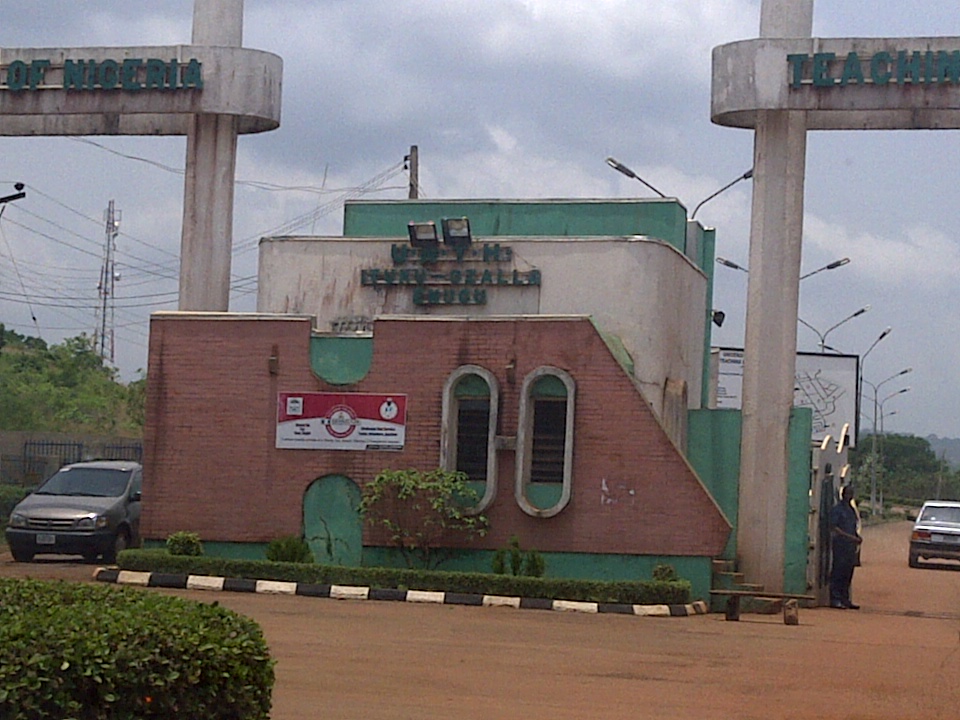As the editors of this blog are all graduates of the University of Nigeria, we were naturally concerned. But apart from some agitation by colleagues on Facebook and Twitter, we could not identify any activity in response to this. We therefore decided to contact the relevant parties to understand why this decision had been taken and what steps were being taken to resolve the situation. We received a prompt response from the GMC asking us to put our request in writing to the press office, which we did. Attempts to contact the Medical and Dental Council of Nigeria by telephone and email failed. Similarly, an attempt to contact the Chief Medical Director of the University of Nigeria Teaching Hospital did not produce any response.
In its formal reply to our enquiries, the General Medical Council said
“The decision to add a number of Nigerian qualifications to our list of qualifications that we do not accept for the purpose of registration was made in light of information we received from the Medical and Dental Council of Nigeria (MDCN). We were advised that the MDCN had suspended their accreditation of those schools…..The decision to add the Nigerian qualifications to our list of those that we do not accept took effect on 14 February 2011. The decision only applies to students who graduated from those medical schools after the MDCN suspended their accreditation. The GMC is currently considering information from the MDCN indicating that the medical schools’ accreditation has been reinstated. We hope to be in a position to make a further decision regarding the acceptability of these qualifications shortly and subject to receiving responses to any relevant enquiries that we may need to make.”
It speaks volumes that there is no information about the withdrawal of accreditation from these institutions on the MDCN website or the websites of the concerned universities or the Federal Ministry of Health (their website is down – on 17/12/12) There has been virtually no news article about this in Nigerian newspapers or websites. The MDCN has not proactively stated why it withdrew the accreditation from these universities, to the best of our knowledge. There might have been press releases in local Nigerian newspapers, but in 2011 this is hardly enough. The universities themselves have not tried to put their own sides of the story in the public domain.
We have previously on this blog commended the MDCN for its attempts at trying to take more seriously its role in regulating professional standards in Nigeria. However it is important that it communicates clearly to the public what it is doing and why it is doing it. As a publicly funded organization, and one whose role includes promoting public confidence in the medical profession, clear and timely communication is not only essential but critical in today’s world. If the MDCN found the time to communicate its decision to the GMC in the UK, surely it could have found the time to do the same for the Nigerian public. Perhaps in the past, these decisions could be made in secret rooms and private meetings; this is no longer the case.
As for the affected institutions, they appear not to have grasped the importance of communication in an age where the internet has made information easily accessible. Once the information was published on the General Medical Council website, it was accessible to virtually the whole world- potential employers, graduates, patients all over the world. The first step people would take after reading the article would be to seek a response from the affected institution or the Medical and Dental Council of Nigeria. In the absence of their side of the story, there is the opportunity for rumours to spread. A statement on their website would take an hour to put up!
In addition to this, it is important that in addition to not being proactive in communicating its own decisions or its impact, it was only the British General Medical Council that felt it was important enough to respond to our queries. The Nigerian media also has an important role to play in ensuring patient safety- that they all appeared to have missed this story is an indictment.Given that the response from the GMC suggests that they expect to be able to issue a revised statement soon, it appears that this issue may be resolved soon. However, the key lesson for the institutions, the Medical and Dental Council of Nigeria, the Nigerian media and other social institutions seems to be that although things go wrong even in the best organized societies how information and communication is handled can either improve or worsen the situation.
We hope that the public relations directors in these organisations are listening; but more importantly we hope that the leaders of these organisations referred to above realise that communication is not some “extra peripheral activity” but an integral and important part of the leadership function. They will either learn from this or learn the hard way in the future…
Never doubt that a small group of thoughtful committed people can change the world; indeed it is the only thing that ever has…Margaret Mead



